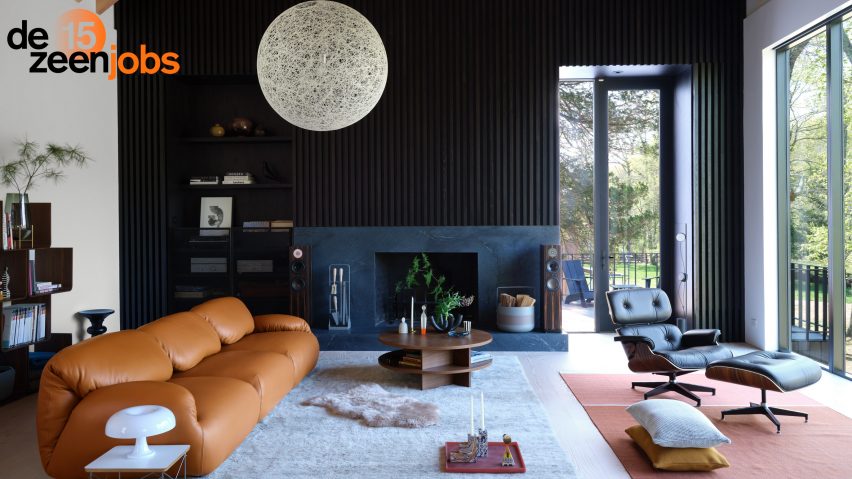
"I'm looking for people who have a defiant optimism and a solution-oriented mindset"
In the latest instalment of our Dezeen Jobs: How We Recruit series, Omar Nobil, VP of product design and brand creative for Design Within Reach, explains what the company is looking for when hiring.
Alice Laycock: Can you talk me through the kinds of collections that you've released recently, and who you've been collaborating with?
Omar Nobil: In the last year, we've worked with a really amazing range of designers and creators and we've had some pretty notable product launches.
In the very recent past, we launched the Pastille collection with Hlynur Atlason of Atlason studio. He just won the Cooper Hewitt National Design award for product design.
We've also launched a really beautiful lounge chair with Gabriel Tan, the Soffi swivel chair. He happened to also launch a sofa with our sibling brand Herman Miller, the Luva sofa.
We continue to launch extensions of really successful collections that we've developed with Egg Collective – the Emmy sofa collection and Morrison tables.
During NYCxDesign, we did a collaboration with the artist Nick Cave, which featured his Knoll Textiles collection. Those are some of my personal highlights – I think what it reflects is the range of talents that we're working with.
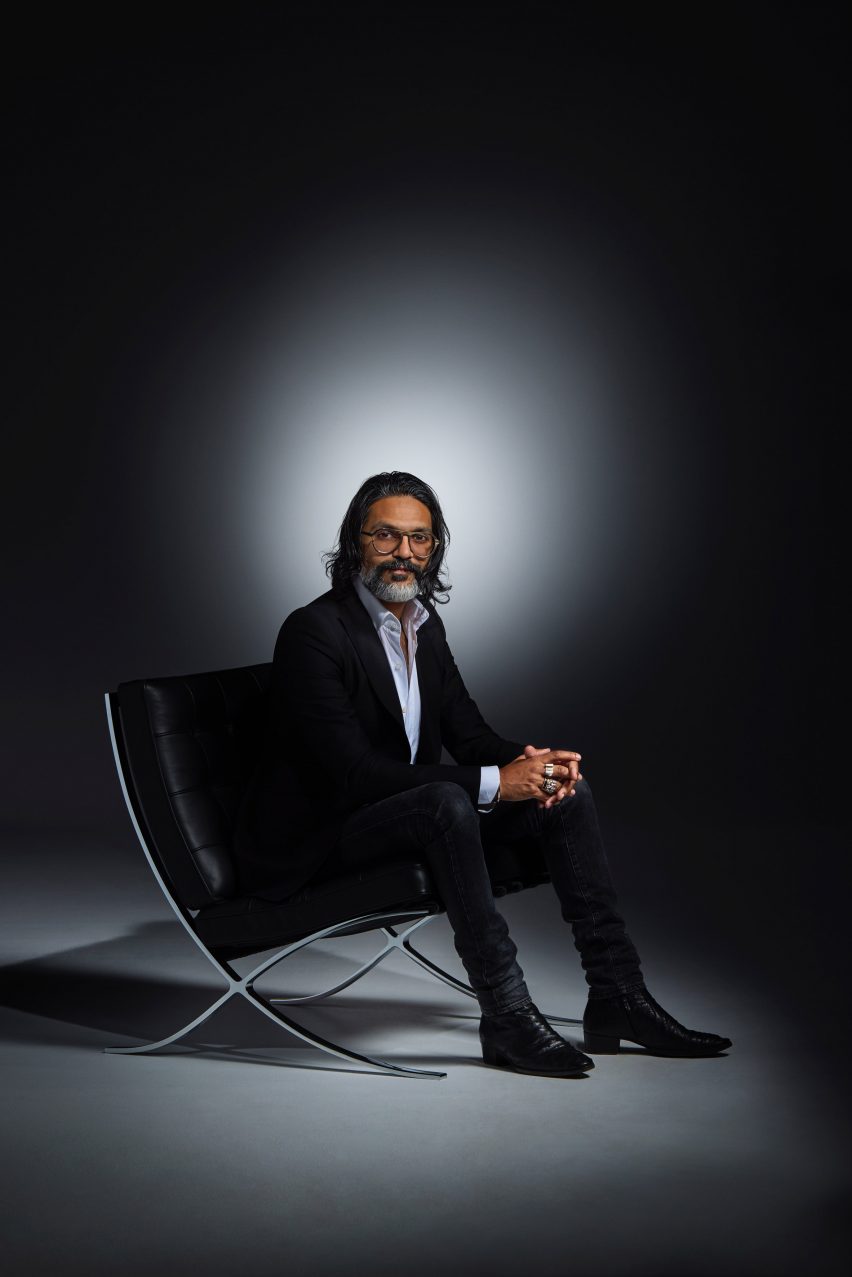
Alice Laycock: Are there specific skill sets that you're looking for people to have when you're hiring?
Omar Nobil: Students coming out of university in the last three to five years have a dramatically different understanding of 3D design – they really are 3D natives.
That is a great skill to lean into and to understand how to use it to make the products better than they would be if you didn't have access to it. It can help bring to life ideas before a lot of time and money has been spent on them.
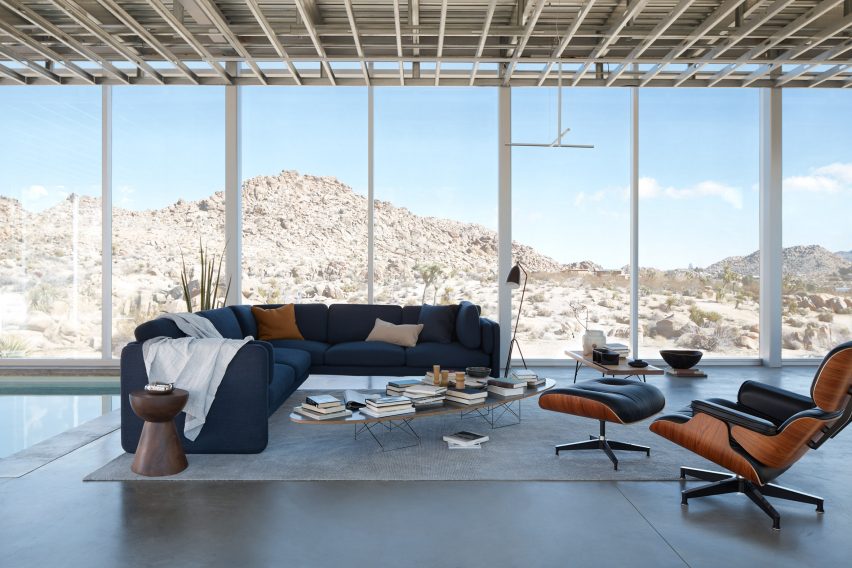
Alice Laycock: Do you think there's still a place for hand sketching?
Omar Nobil: Absolutely. My theme for how I think about hiring now is the ability to oscillate between these two worlds, the virtual and the analogue.
It's good to have a sketchbook – it's good to be able to draw on a Post-it note in a meeting to express an idea.
Drawing by hand is often much quicker, and it is the velocity and the volume of ideas that is a really important part of the process to get to a final, perfect one.
When people get a bit too caught up in the virtual space, they can get a little precious about presentation. When you're in the ideating stage of a design, it is much more important to communicate ideas than to present ideas.
Another part of it is around the amount of information that is out there and navigating that. I still buy a lot of books for the design studio, and I do research in libraries.
The internet is a very edited version of what people think is useful to have up there, so being able to find information, imagery and ideas that aren't as easily digitally accessible is a real skill.
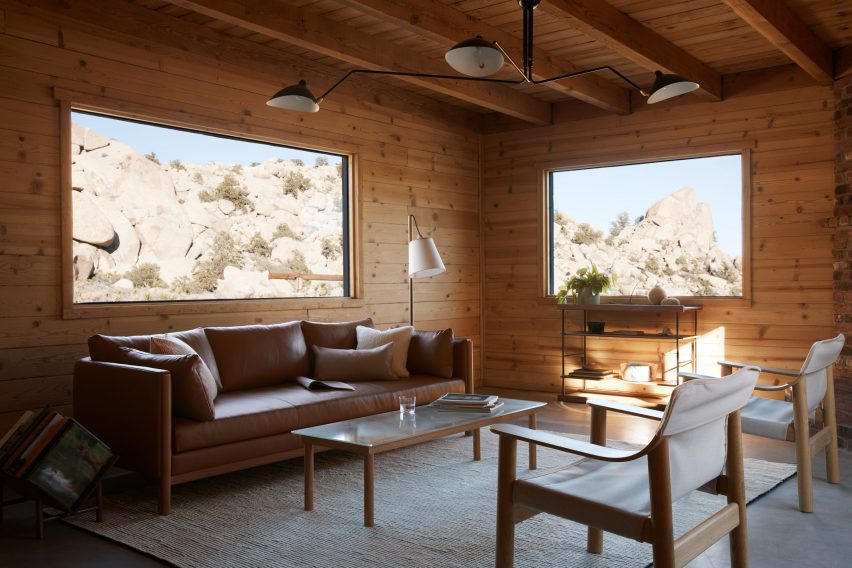
Alice Laycock: Do you have any advice for people who are looking to work at MillerKnoll?
Omar Nobil: We have a very clear enterprise purpose – design for the good of humankind. We're in a world with a lot of uncertainty over the next few decades and a lot of work that needs to be done.
I'm looking for people who are both aware of those realities, highly pragmatic about them and realistic, but have a defiant optimism and a solution-oriented mindset.
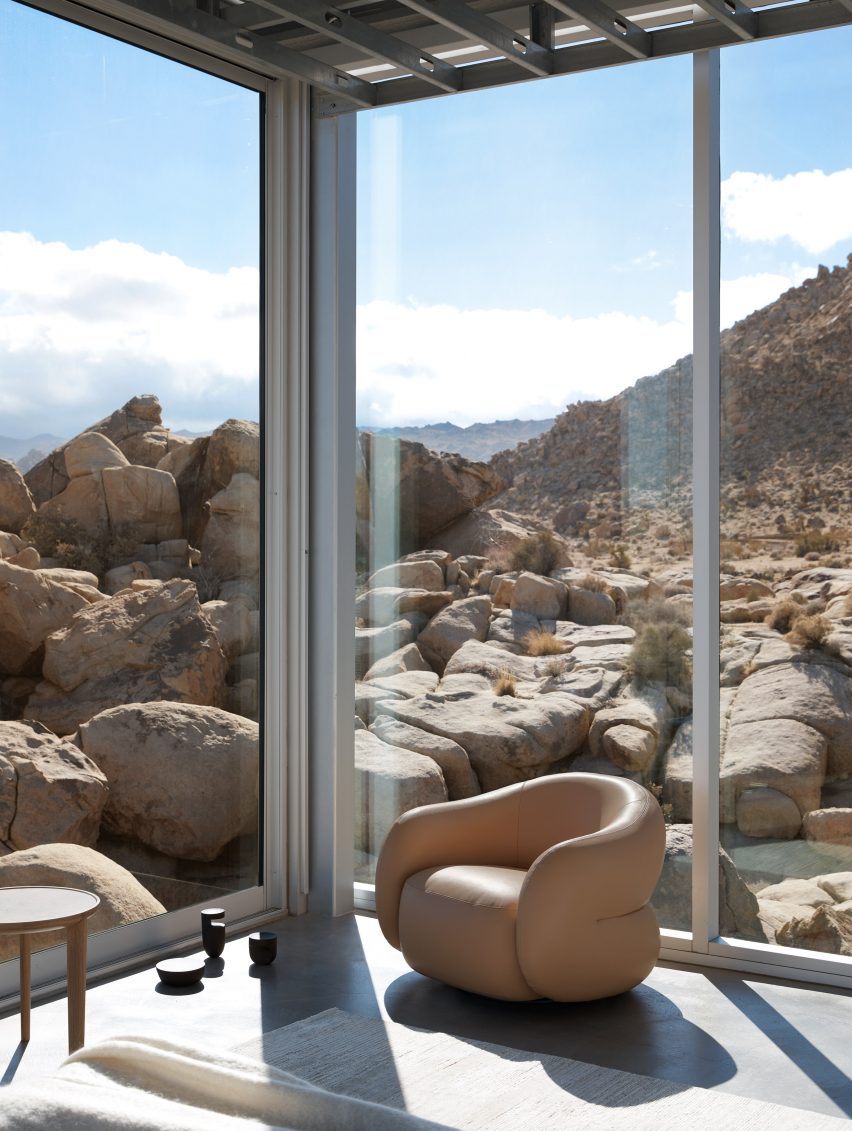
Alice Laycock: How do you view Dezeen?
Omar Nobil: Dezeen has carved out this space that feels really relevant and modern, and incredibly well-curated. It really talks directly to true design enthusiasts.
In a climate where design-related publications have shifted so much towards the lifestyle space and celebrities and influencers, it gets much harder to wade through all of that to get to the source of great design. That's what I really appreciate about Dezeen, it's just so design-centric.
Alice Laycock: Could you tell me about your go-to sources for recruitment?
Omar Nobil: Networks are an important way to get yourself out there – building those networks is really critical. A big part of my networks are people I went to college with, not necessarily people I've worked with. Twenty years on, we're essentially still part of each other's networks.
I do find LinkedIn to be a helpful space to get a quick resume overview. It's an important place to establish your credibility.
[Start] building your network there as soon as soon as you can. Everyone looks on LinkedIn now. I barely even take people's business cards at this point.
Find out more about MillerKnoll by visiting its website.
View current and future vacancies by checking their company profile on Dezeen Jobs.
Dezeen Jobs: How We Recruit series
This article is part of Dezeen Jobs: How We Recruit, a series of interviews to mark Dezeen Jobs turning 15, which explores changing hiring practices and future recruitment needs for companies around the world.